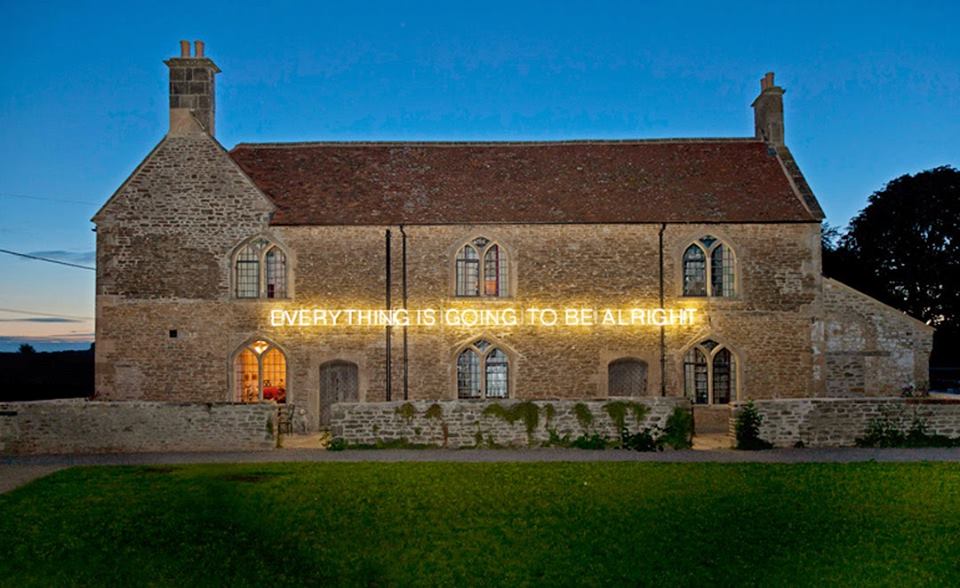
To
realize the Way you
must die and stay dead and
go on living. With one mighty blow,
sever the attachments of mind
and self and dwell in
emptiness.
Pouring
emptiness into emptiness
like waves coming to shore,
you become quiet,
luminous,
still.
Where
before there were
ten thousand entanglements, now
there is undifferentiated
Oneness, clarity,
peace.
i ching / hexagram 3 ☯️ difficulty at the beginning

You
can now buy
Wei wu Wei Ching as part of a
five-app bundle of Taoist classics
for iPhone or iPad for less than
the cost of one hardcover
book.



